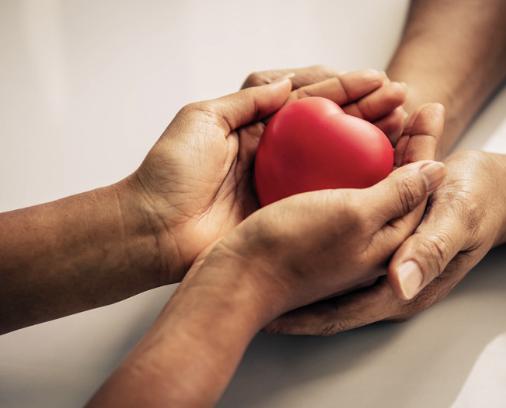Heart surgery is done due to serious heart problems such as stroke, arrhythmia, coronary artery disease, and heart valve disease, common among elders due to physical inactivity, depression, hypertension, and high cholesterol levels.
Recovery from cardiac surgery or bypass usually takes 6-8 weeks or three months. After surgery, most people lose their appetite, taste buds, and sense of smell, and they may have a weird metallic taste due to medication and treatment. They need three months for a proper recovery. Sleeplessness is common, and proper sleep will come within a few months as taste buds and sense of smell will recover within 2-3 months after surgery.
A doctor recommends a specialized diet and some tips before discharge to maintain recovery.
Tips after heart surgery
Following are some tips for older people to take
* Take care of wounds or incisions
Avoid harsh washing or rubbing soap over the wound; do not use creams or lotions until the incision gets healed. Till then, try to keep it clean and dry.
If you feel any itchiness, pain, or tightness on the incision or around the area, use the medication prescribed by the surgeon.
* Put Iodicaine patches
Use the patches to reduce pain and itchiness around the incision area.
* Hold Pillow
Hold the pillow to your chest when you cough or laugh.
* A hot pad or ice pack
You can use an ice pack or a hot pad as suggested by a doctor that suits your condition.
* Healthy diet and sleep
A well-balanced diet contains all the food groups and essential minerals, vitamins, antioxidants, and fiber. This includes the following:
* Whole grains
Eat four or more servings of wholegrain, such as wholegrain bread or cereal, wholemeal pasta, brown rice, crackers, barley, rolled oats, couscous, polenta, quinoa, rye, and freekeh.
* Fluid
Avoid sugary, soft drinks or alcohol and drink water.
* Dairy
Take low-fat dairy items.
* Fats
Take healthy y fats such as unsaturated fatty acids from nuts, seeds, oily fish such as salmon, and sardine, a good source of omega-3 fatty acids and avocado, and avoid saturated fats. Eat lean meat, eggs, tofu, and legumes.
* Fruits
Eat two servings of fruits such as papaya, kiwi, berries, sweet potato, and apples
* Vegetables
Eat five servings of vegetables, including broccoli, tomato, and carrots.
* Avoid junk
Avoid sugary foods, and reduce salt intake from your diet and drinks.
* Lifestyle modifications
You must reduce stress and smoking to heal from surgery and return to a routine. For this purpose, involve yourself in mindfulness, watch comic movies and serials, or read comic books. Physical activities should be done according to the doctor’s suggestion. It is always better to start with a light walk and slowly increase the intensity by consulting your physician.
* Follow the guidance
Avoid indulging yourself in the usual activities of driving or lifting heavy weights right after returning home for at least 3-4 months until the wound is appropriately healed and your doctor suggests doing so.
* Avoid the following to reduce the chance of further heart problems
* Physical Inactivity
* Being overweight or obese
* High blood pressure(hypertension)
* Depression
* Smoking
* High cholesterol levels
Conclusion:
Heart surgery is done due to stroke, arrhythmia, heart attack, or heart failure and is common among elders due to obesity, inactivity or poor diet, hypertension, depression, or stress. The recovery takes three months to get back to a routine, regain senses of smell and taste, and do the usual driving or weight lifting activities. The surgeon or a health care professional will suggest proper guidance after surgery and discharge from the hospital, such as a balanced diet, adequate sleep, avoiding alcohol and smoking, and caring for wounds.

